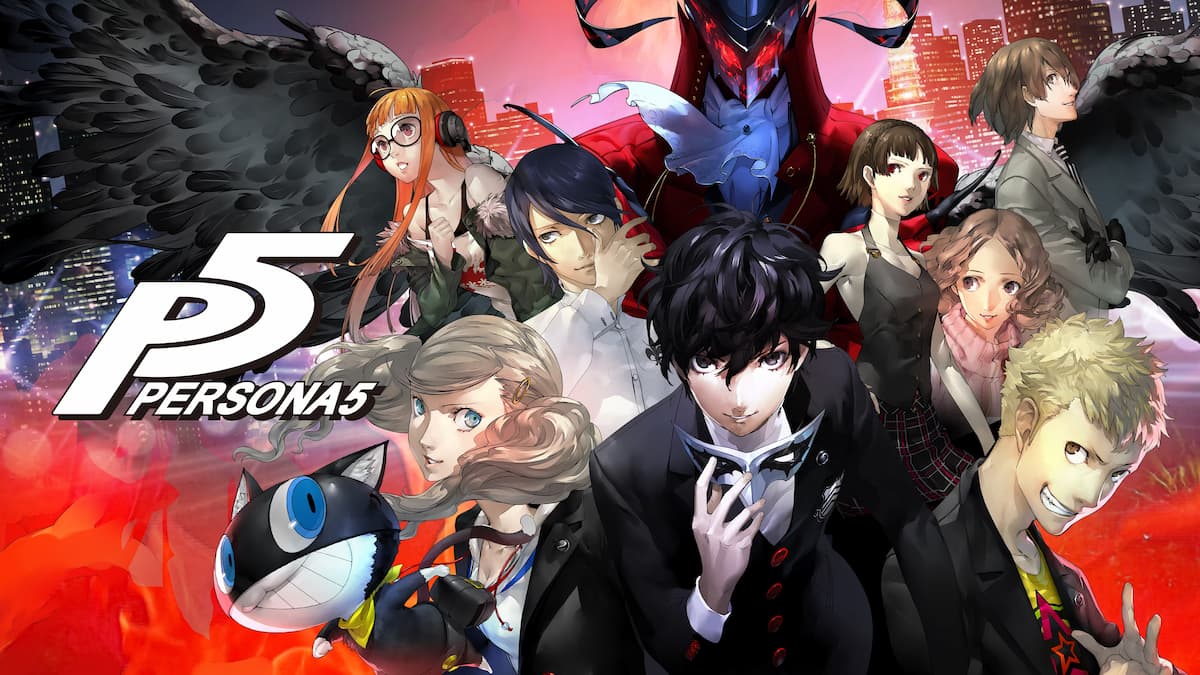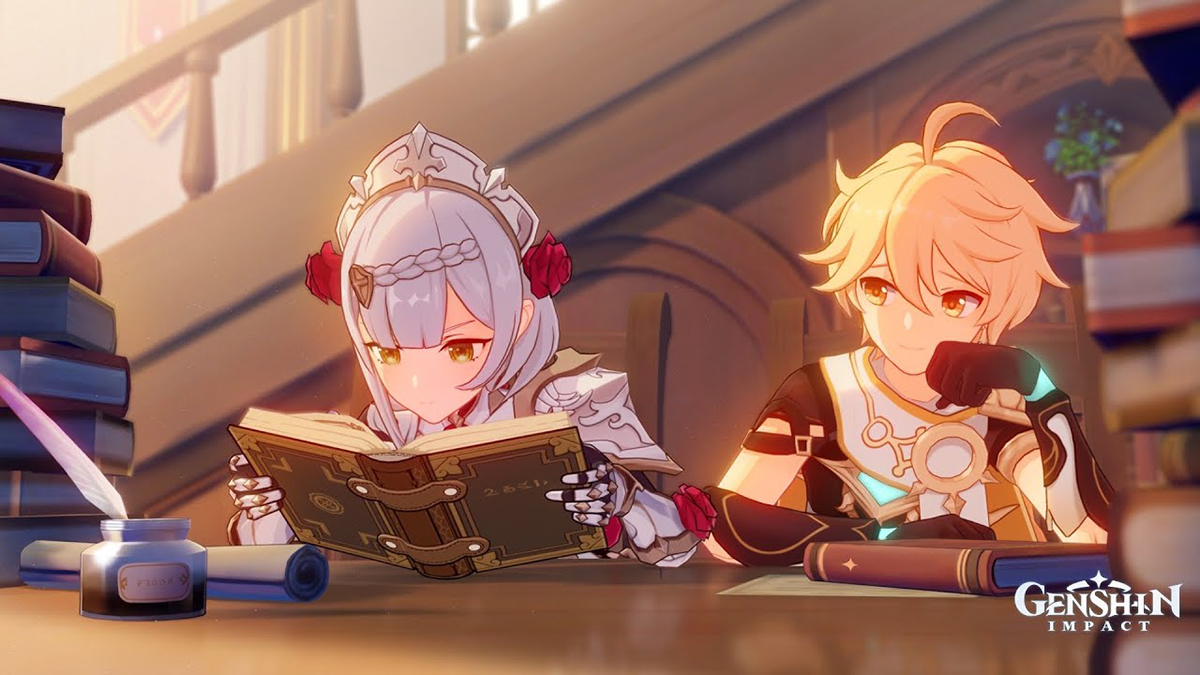Zines — mini booklets of art and writing — have existed as a creative outlet for decades. As fandoms have grown up, fandom zines have grown in popularity as a celebration of fan creation and a way for fans to get one-of-a-kind merch of their special guys and hyper fixations. What can you expect when you see a fanzine pop up?
What Exactly Is a Fandom Zine?
Fanzines range in scope — from the stacked Xeno Compendium, a Xenoblade series-focused artbook, to the delightfully imaginative Yumtendo, a cookbook with recipes written solely based on Nintendo properties. Fandoms around Japanese franchises create zines more frequently, but heavy hitters like Genshin Impact (Yokai Impact has an impressive 3.5k+ X followers) as well as Western studio-produced games (Priority: Normandy, a Mass Effect zine, concluded in 2022) still contribute to the fanzine landscape.

Generally, fanzines have two parts: fanart and fanfiction. Writers and artists create pieces expressly made for the zine, and it all comes together in one booklet. Depending on the expected budget of the zine, a range of merch is included: charms, enamel pins, Yumtendo even made a custom apron!
After a zine’s announcement, that fandom is in for a community-wide event that features notable fanfic authors and fan artists. While each zine has it’s own flow, there’s a basic structure to most of them. Creators spend a few months making their pieces, and mods introduce contributors and merch to look forward to in this lead up period. Zines go up for preorder — typically with stretch goals for extra goodies — and after a few months, customers get their uniquely crafted zine.
Given the debate on the legality of fanfiction writing, fanzines may seem sketchy. After all, apart from the occasional digital-only free zines, fanzines make money. Fanzines do frequently donate all non-production profits to a charity, but it is essentially a small business. Technically, fanzines probably operate in a legal gray area. However, zines continue in good faith that they’re fair use, and there’s never been legal action taken against fanzines specifically. It may be fanzines are just mutually beneficial to both fandom and IP holders (free promo, after all). As long as fanfiction and fanart stand, so do fanzines.
Joining a Fanzine Community
A fanzine is a massive project that needs support both in composing the zine as well as supporting it to completion. Fan artists and fanfic writers naturally take the spotlight, but zines would go nowhere without their organizers and supporters.
There are no rules when it comes to starting zines — anyone can do it! A fanzine can be made by one person or a collaboration of dozens of contributors. Whoever heads the project is known as a zine moderator, and they (along with any co-moderators) oversee the scale and scope of the zine to completion. Often, zine pages will host applications for moderators, and smaller roles like social or graphic design mods are a way for the new to dip their toes into zine production.
For creatives, fanzines offer a way to connect with peers and get your work out there. Typically, moderators will either solicit writers and artists or recruit them via open applications. Some zines even have open, free-for-all contributions. For fans who just want to support, fanzines are a direct way to support favored artists and writers. Following zine socials and signing up for mailing lists are often the best ways to stay up to date on how to buy and promote the zines you take a shine to.
When considering what zines to even look for, there are aggregate hubs like atozines and ZZinethat that promote almost any fanzine project. Do a little digging, and you may find fandom-specific promoters (like the Persona calendar account). It can be intimidating to find where to start, but there’s a niche for every fan out there!
Fanzines Do Have Risks
Unfortunately, some of the biggest headlines are for controversies of fanzines going awry. Showtime!, a Persona 5 fanzine focused on Joker/Akechi, made waves when news got out that the head moderator spent an eye-watering 27k CAD of the zine’s funds on personal recreation. Last year, moderators involved in over 15 fanzines simultaneously absconded with money and merch for nearly all of them.

All these zines have done their best to compensate customers (for instance, the Showtime! zine held an auction of donated fan merch to recoup funds to cover remaining production and shipping costs), but the danger of trusting strangers with money remains. Zines have no regulations, and it’s a risk to both customers and the creators who put their labor into making the zine.
On a much smaller scale, culture wars can hit zines. Arguments do break out over fanfiction decency. Or if a zine’s focus ship is too popular. Or over who’s moderating the project. Zines require a lot of people to be involved, and there’s bound to be drama. This risk is much more low stakes, but depending on the fandom size, considerable cracks can form in the community.
Even with pitfalls big and small, fanzines can be a fun and highly creative collaborative piece that lets you the fan directly contribute to your fandom.







Published: Jun 22, 2024 09:00 am